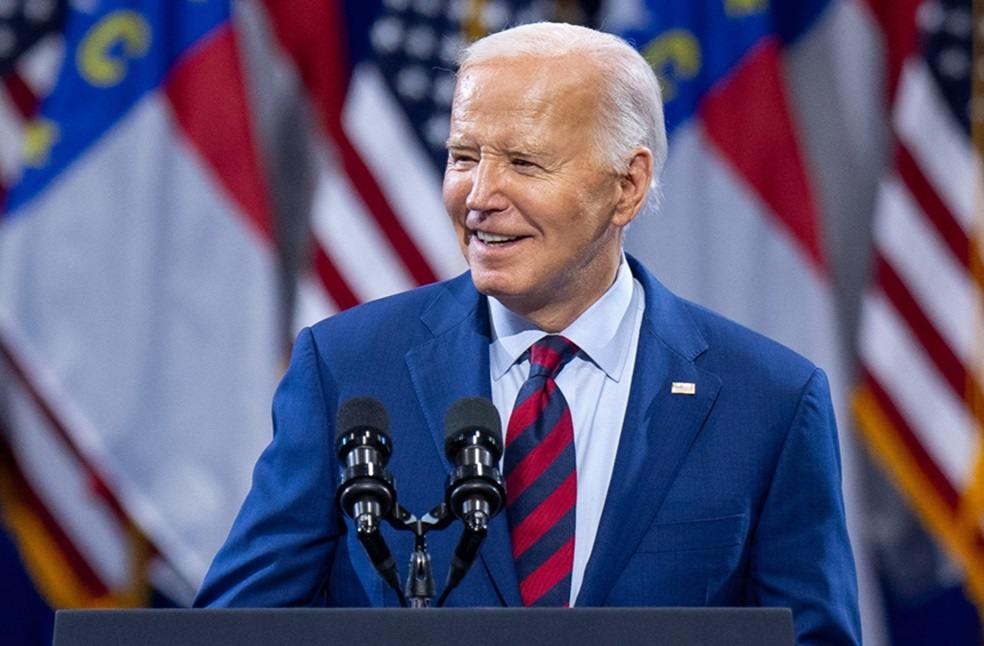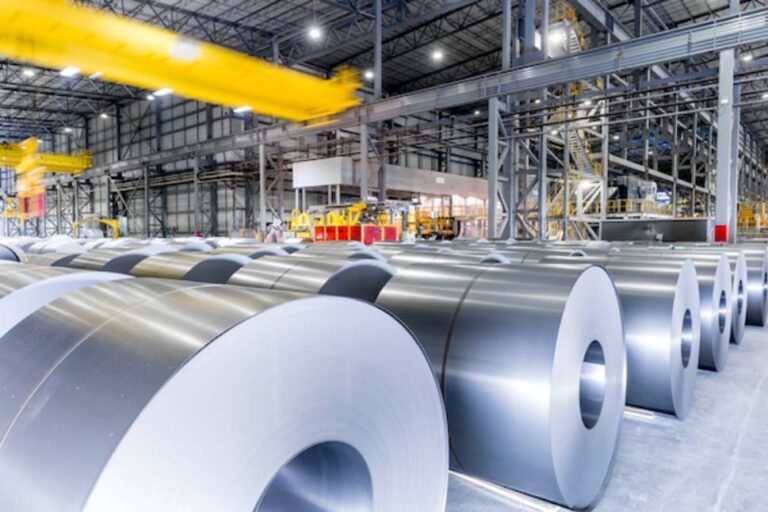United States: President Joe Biden is reportedly preparing to block Japan’s Nippon Steel $15 billion takeover of US Steel, a move that has sparked controversy over potential job losses and fears of discouraging foreign investment in the US.
The deal, announced last year, has created one of the largest steel companies outside of China and was initially seen as a solution to US Steel’s financial struggles. However, it quickly met resistance from politicians and the US Steelworkers union, who opposed the sale of the 123-year-old company to foreign interests.
Shares in US Steel dropped nearly 20 percent following news of the administration’s intentions. The deal is particularly sensitive in Pennsylvania, a key swing state during a heated election season. Biden had already ordered an investigation into the transaction on national security grounds, and both his political rivals, Donald Trump and Kamala Harris, have expressed opposition to the merger.
Despite the growing opposition, US Steel maintains its commitment to the deal, emphasizing Japan’s status as a close US ally. A company spokesman stated that they would explore all legal avenues to complete the transaction, calling it the best future for US steelmaking and Pennsylvania.

Supporters of the deal, including US Steel’s CEO David Burritt, warned that blocking the takeover could lead to factory closures, job losses, and even the relocation of the company’s headquarters. They argue that the merger offers significant benefits and that failure to close the deal would have “unavoidable consequences.”
The decision is currently being reviewed by the Committee on Foreign Investment in the US (CFIUS), which assesses national security risks in foreign investments. While the White House has not confirmed Biden’s final decision, officials have noted that receiving a recommendation from CFIUS is the next step in the process.
This case is unusual due to CFIUS involvement, but political interference in the steel industry is not new. Former presidents George W. Bush and Donald Trump both enacted measures to protect the US steel industry. Although US Steel’s influence has diminished over time, its legacy continues to shape the national discourse on manufacturing jobs and economic security—issues that remain at the forefront of the Biden administration’s agenda as the 2024 election approaches.



